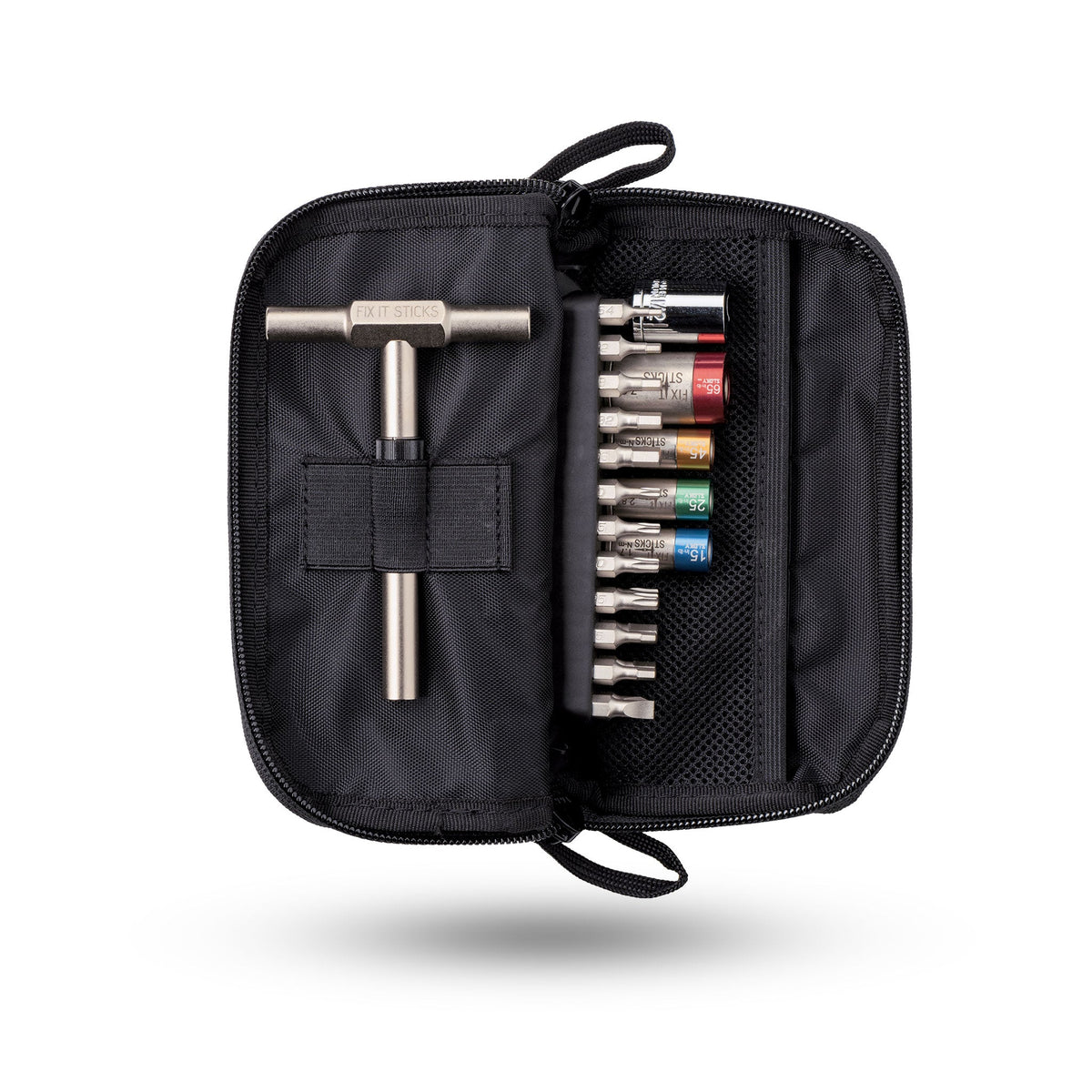I've got to mount some optics, so I'm in the market for an in/lb torque wrench
What I mainly wanna know is the ranges of torque values I'm gonna be dealing with. That will tell me what I need:
-Scope bases/pic rails:
-Scope rings, bottom:
-Scope rings, top:
-Action screws:
-turret screws?
-anything else i'm forgetting?
Is there anything I would need to go lower than 10 in/lb for?
Is there anything I need to go higher than 50 in/lb for?
I've got an AC Delco (automotive brand) digital wrench that has a 3/8 square drive. It goes from 44-400 something in/lb. I use this for muzzle devices, or anything in the 3-30ish FT/LB range.
So I've narrowed my options down to the Borka and Wiha. Both have great reviews. If the Wiha had the same range, I'd have bought it already, as I prefer its design to the Borka.
Both seem reportedly comparable in accuracy.
Both are roughly the same price. ($175 for the Borka, & $150-180 for the Wiha, w/neccesary 1/4" adapter for american bits)
Now, if there are things I'm gonna need to go higher than 50 in/lb for, but they're very unlikely to happen in the field, then the 10-50 sounds fine. If not, the Borka seems like the better option. But, if there's various things beyond 70 in/lb that, are are highly likely to need attention in the field, then the Borka has also lost its appeal. Since I'd have take my larger wrench with me anyways. The main thing I don't like about the Borka is how your grip has to change based on the value you select. If it was a screwdriver style like the Wiha, I'd have already bought it.
My goal is to have something handheld, for my range bag, which is the main issue with my ACDelco. It's rather large and not very useable with one hand if I have to hold the gun. Definitely suited to things clamped in a vise. It's also heavy, and comes in a long bulky box. (I did consider the Fixit sticks, but I've passed on that option due to its design. No need to recommend that one, I'm aware lots of guys use and love them.)
What I mainly wanna know is the ranges of torque values I'm gonna be dealing with. That will tell me what I need:
-Scope bases/pic rails:
-Scope rings, bottom:
-Scope rings, top:
-Action screws:
-turret screws?
-anything else i'm forgetting?
Is there anything I would need to go lower than 10 in/lb for?
Is there anything I need to go higher than 50 in/lb for?
I've got an AC Delco (automotive brand) digital wrench that has a 3/8 square drive. It goes from 44-400 something in/lb. I use this for muzzle devices, or anything in the 3-30ish FT/LB range.
So I've narrowed my options down to the Borka and Wiha. Both have great reviews. If the Wiha had the same range, I'd have bought it already, as I prefer its design to the Borka.
Both seem reportedly comparable in accuracy.
Both are roughly the same price. ($175 for the Borka, & $150-180 for the Wiha, w/neccesary 1/4" adapter for american bits)
Now, if there are things I'm gonna need to go higher than 50 in/lb for, but they're very unlikely to happen in the field, then the 10-50 sounds fine. If not, the Borka seems like the better option. But, if there's various things beyond 70 in/lb that, are are highly likely to need attention in the field, then the Borka has also lost its appeal. Since I'd have take my larger wrench with me anyways. The main thing I don't like about the Borka is how your grip has to change based on the value you select. If it was a screwdriver style like the Wiha, I'd have already bought it.
My goal is to have something handheld, for my range bag, which is the main issue with my ACDelco. It's rather large and not very useable with one hand if I have to hold the gun. Definitely suited to things clamped in a vise. It's also heavy, and comes in a long bulky box. (I did consider the Fixit sticks, but I've passed on that option due to its design. No need to recommend that one, I'm aware lots of guys use and love them.)
Last edited:



